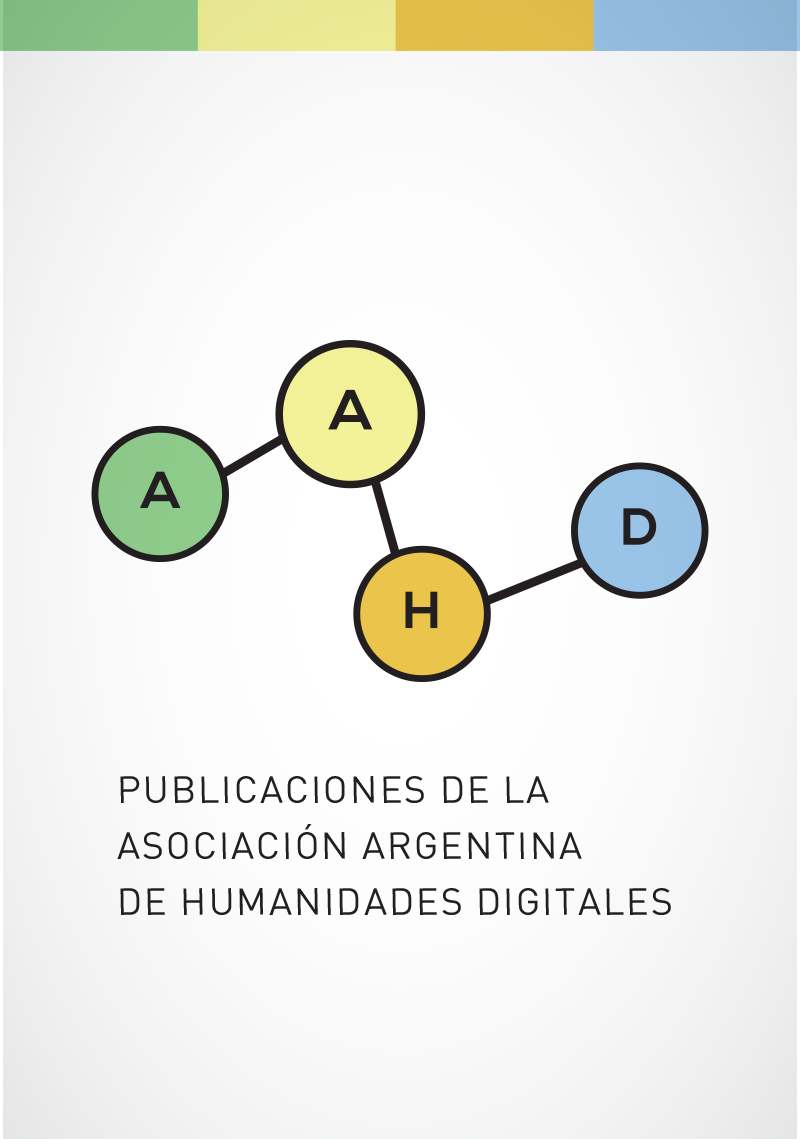Construyendo el Brexit: un análisis comparativo del discurso político durante dicho proceso
DOI:
https://doi.org/10.24215/27187470e001Palavras-chave:
Lingüística de corpus, análisis crítico del discurso, discurso político, análisis de sentimientoResumo
El Brexit comenzó el 23 de junio de 2016 cuando tuvo lugar un referéndum para votar si el Reino Unido abandonaría la Unión Europea o no. Sin embargo, no fue hasta el 31 de enero de 2020 cuando se hizo realidad y el Reino Unido oficialmente dejó de pertenecer a la Unión Europea. Numerosos debates han tenido lugar para alcanzar este acuerdo entre los políticos más importante del país. El principal objetivo de este artículo es analizar el discurso político de los dos protagonistas de este proceso: Boris Johnson, Primer Ministro, y Jeremy Corbyn, líder de la oposición. El análisis tiene un doble objetivo: por un lado, se trata de un análisis léxico para comparar la elección de la palabra de cada uno de los políticos; por otro, se ha realizado análisis de sentimiento para ver la polaridad general del discurso político.
Referências
Baker, P. (2006). Using corpora in discourse analysis. A&C Black.
Desagulier, G. (2017). Corpus Linguistics and Statistics with R: Introduction to Quantitative Methods in Linguistics. Springer. https://doi.org/10.1007/978-3-319-64572-8
Ekawati, R. (2019). Power through linguistic modalities in Indonesian presidential speeches. Discourse and Interaction, 12(1), 5-28. https://doi.org/10.5817/DI2019-1-5
Fairclough, N. (2013). Critical discourse analysis: The critical study of language. Routledge.
Fairclough, N., & Wodak, R. (1997). Critical discourse analysis. Discourse as social interaction, 2, 258-284.
Fernández Melendres, C., & Moreno-Ortiz, A. (2020). Trump vs. Clinton: An Analysis of the US Presidential Debates of 2016. In D. Levey (Ed.), Strategies and Analyses of Language and Communication in Multilingual and International Contexts (pp. 141-152). Cambridge Scholars Publishing.
Fradejas Rueda, J. M. (2019). Cuentapalabras. Estilometría y análisis de textos con R para filólogos. http://www.aic.uva.es/cuentapalabras
Gerdes, J., & Stringam, B. B. (2008). Addressing researchers’ quest for hospitality data: Mechanism for collecting data from web resources. Tourism Analysis, 13(3), 309-315. https://doi.org/10.3727/108354208786094906
Hu, M., & Liu, B. (2004). Mining and summarising customer reviews. KDD-2004 - Proceedings of the Tenth ACM SIGKDD International Conference on Knowledge Discovery and Data Mining, 168-177. https://doi.org/10.1145/1014052.1014073
Jockers, M. L. (2015). Syuzhet: Extract Sentiment and Plot Arcs from Text. https://github.com/mjockers/syuzhet
Kilgarriff, A., Baisa, V., Bušta, J., Jakubíček, M., Kovář, V., Michelfeit, J., & Suchomel, V. (2014). The Sketch Engine: ten years on. Lexicography, 1(1), 7-36. https://doi.org/10.1007/s40607-014-0009-9
Laver, M., Benoit, K., & Garry, J. (2003). Extracting policy positions from political texts using words as data. American Political Science Review, 97, 311-331. https://doi.org/10.1017/S0003055403000698
Lee, D. Y. W. (2008). Corpora and discourse analysis. In V. K. Bhatia, J. Flowerdew & R. H. Jones (Eds.) Advances in Discourse Studies (pp. 88-99). Routledge. https://doi.org/10.4324/9780203892299
Liu, B. (2012). Sentiment Analysis and Opinion Mining. Morgan & Claypool Publishers.
Mohammad, S. M. (2019). Word affect intensities. LREC 2018 - 11th International Conference on Language Resources and Evaluation, 174-183. http://www.purl.org/net/saif.mohammad/research
Mohammad, S. M., & Turney, P. D. (2013). Crowdsourcing a word-emotion association lexicon. Computational Intelligence, 29(3), 436-465. https://doi.org/10.1111/j.1467-8640.2012.00460.x
Moreno-Ortiz, A. (7-11 de septiembre de 2017). Tecnolengua Lingmotif at EmoInt-2017: A lexiconbased approach. Proceedings of the 8th Workshop on Computational Approaches to Subjectivity, Sentiment and Social Media Analysis, Copenhagen, Denmark, 225-232.
Murillo Lanza, D. F. (2017). Análisis de sentimientos de Cien años de soledad y El amor en los tiempos del cólera de Gabriel García Márquez [Master dissertation, Universidad de Valladolid]. Repositorio documental. https://uvadoc.uva.es/handle/10324/25437
Pang, B., & Lee, L. (2008). Opinion mining and sentiment analysis. Foundations and Trends in Information Retrieval, 2(1-2), 1-135. https://doi.org/10.1561/1500000001
Thomas, M., Pang, B., & Lee, L. (2006). Get out the vote: Determining support or opposition from Congressional floor-debate transcripts. COLING/ACL 2006 - EMNLP 2006: 2006 Conference on Empirical Methods in Natural Language Processing, Proceedings of the Conference, 327-335. https://doi.org/10.3115/1610075.1610122
Weiss, G., & Wodak, R. (2007). Critical Discourse Analysis: Theory and Interdisciplinarity. Palgrave Macmillan. https://doi.org/10.1057/9780230288423
Downloads
Publicado
Edição
Seção
Licença
Copyright (c) 2020 Aroa Orrequia Barea

Este trabalho está licenciado sob uma licença Creative Commons Attribution-ShareAlike 4.0 International License.
Los autores que publican en esta revista están de acuerdo con los siguientes términos:
- Los artículos publicados en la revista se encuentran disponibles en acceso abierto.
- Los autores conservan los derechos de autor y garantizan a la revista el derecho de ser la primera publicación del trabajo al igual que licenciarlo bajo una Licencia Creative Commons Atribución-CompartirIgual 4.0 Internacional (CC BY-SA 4.0), que permite copiar y redistribuir el material en cualquier medio o formato y remezclar, transformar y construir a partir del material bajo los siguientes términos: debe dar crédito de manera adecuada, brindar un enlace a la licencia, e indicar si se han realizado cambios.
- Los autores pueden depositar el trabajo en un repositorio de preprints, postprints, establecer por separado acuerdos adicionales para la distribución no exclusiva de la versión de la obra publicada en la revista (por ejemplo, situarlo en un repositorio institucional o publicarlo en un libro), con un reconocimiento de su publicación inicial en esta revista.
- Se alienta a los/as autores/as a realizar el depósito de datos en SEDICI, o en cualquier otro repositorio de datos de investigación (como Zenodo, donde la AAHD ha creado un repositorio temático para HUMANIDADES DIGITALES), de manera previa a realizar el envío de la contribución a la revista. De este modo, al remitir el artículo solo se deberá indicar la URL donde se encuentran los datos de investigación.


























